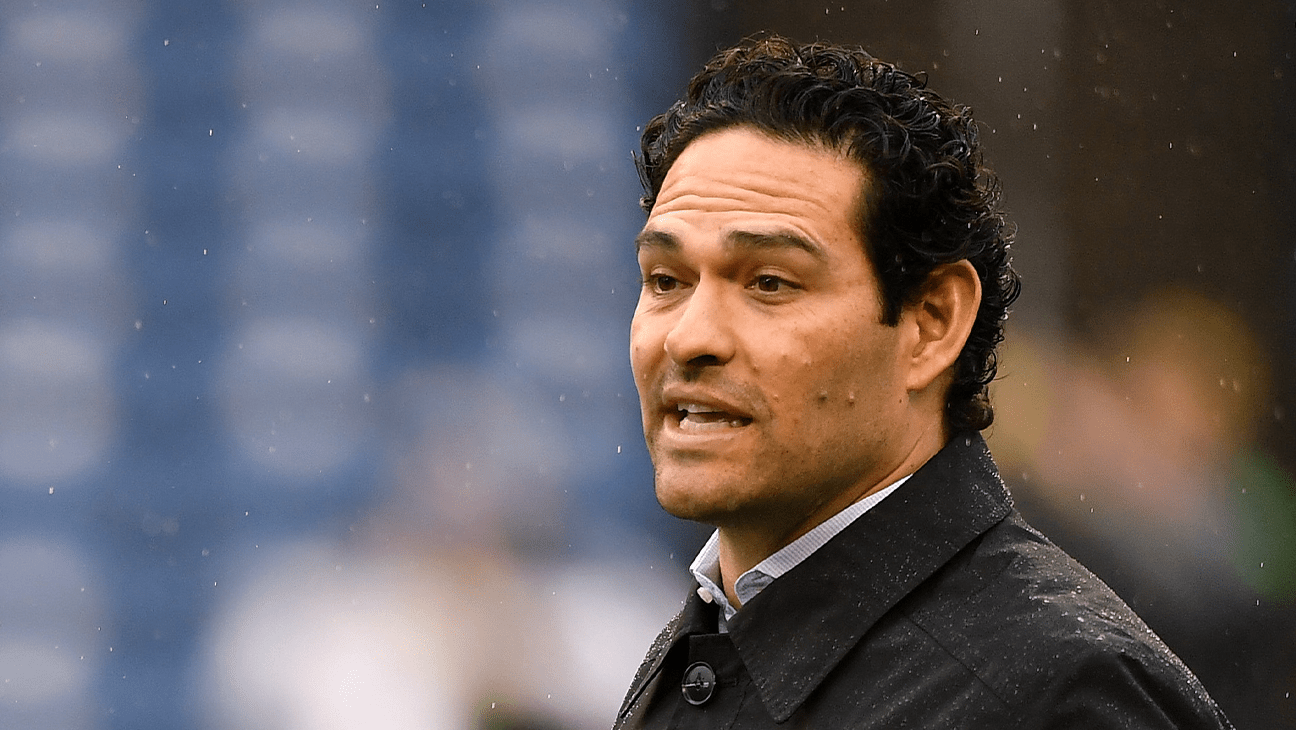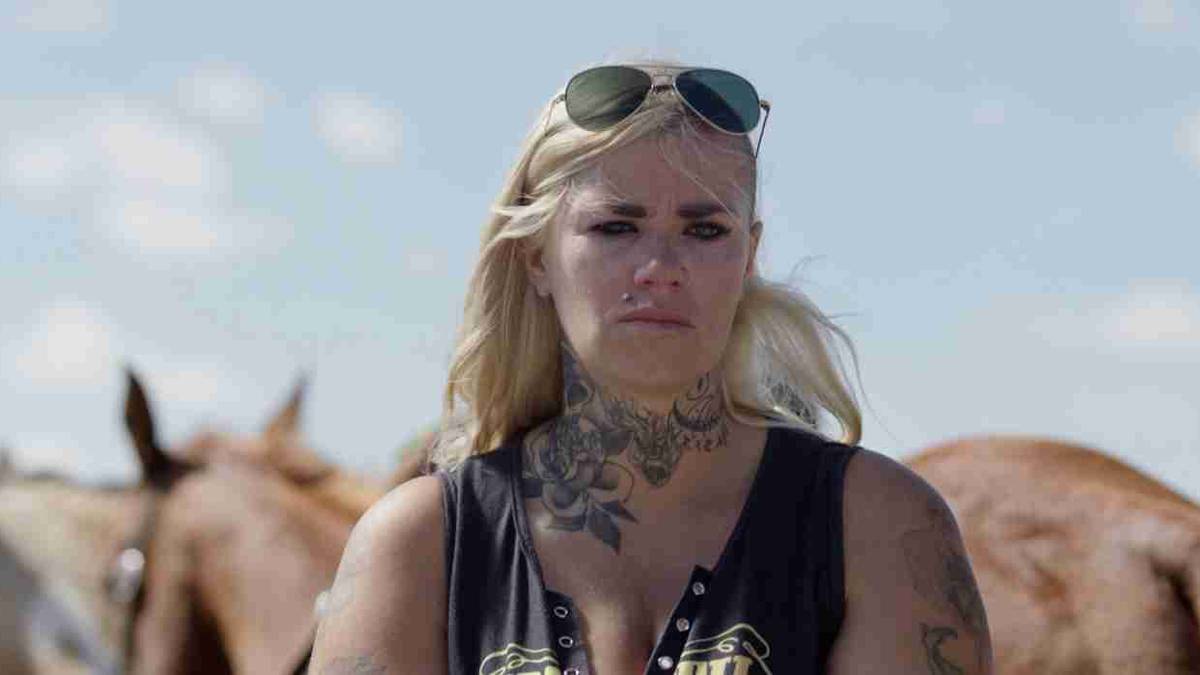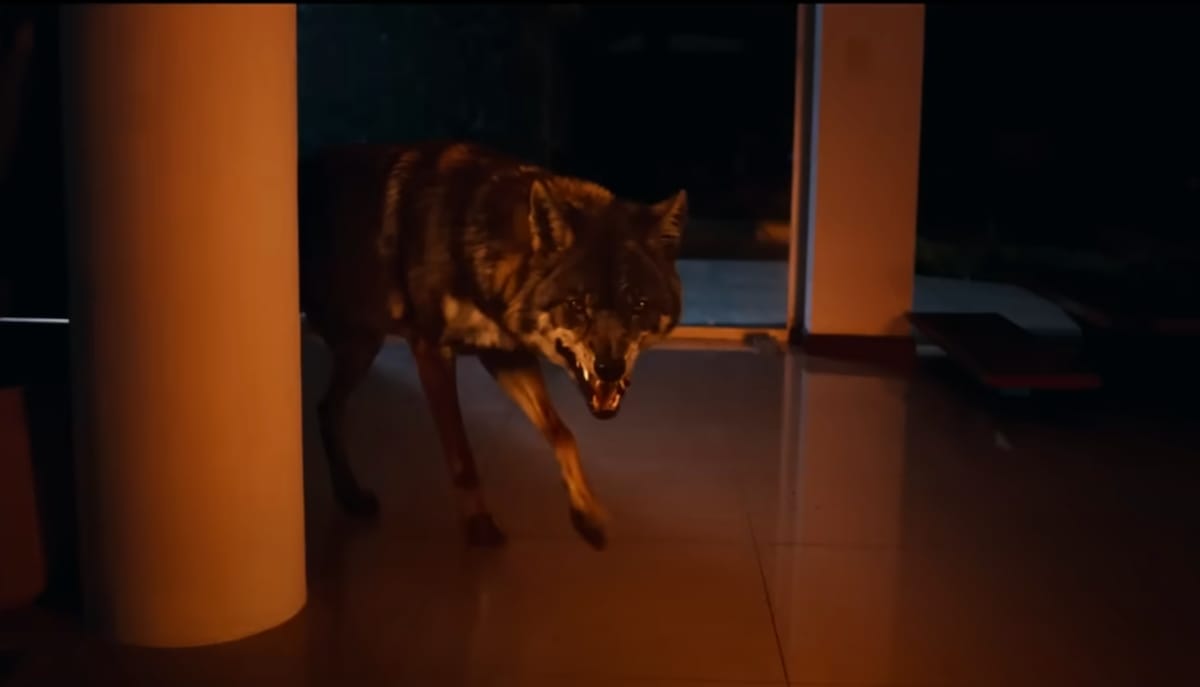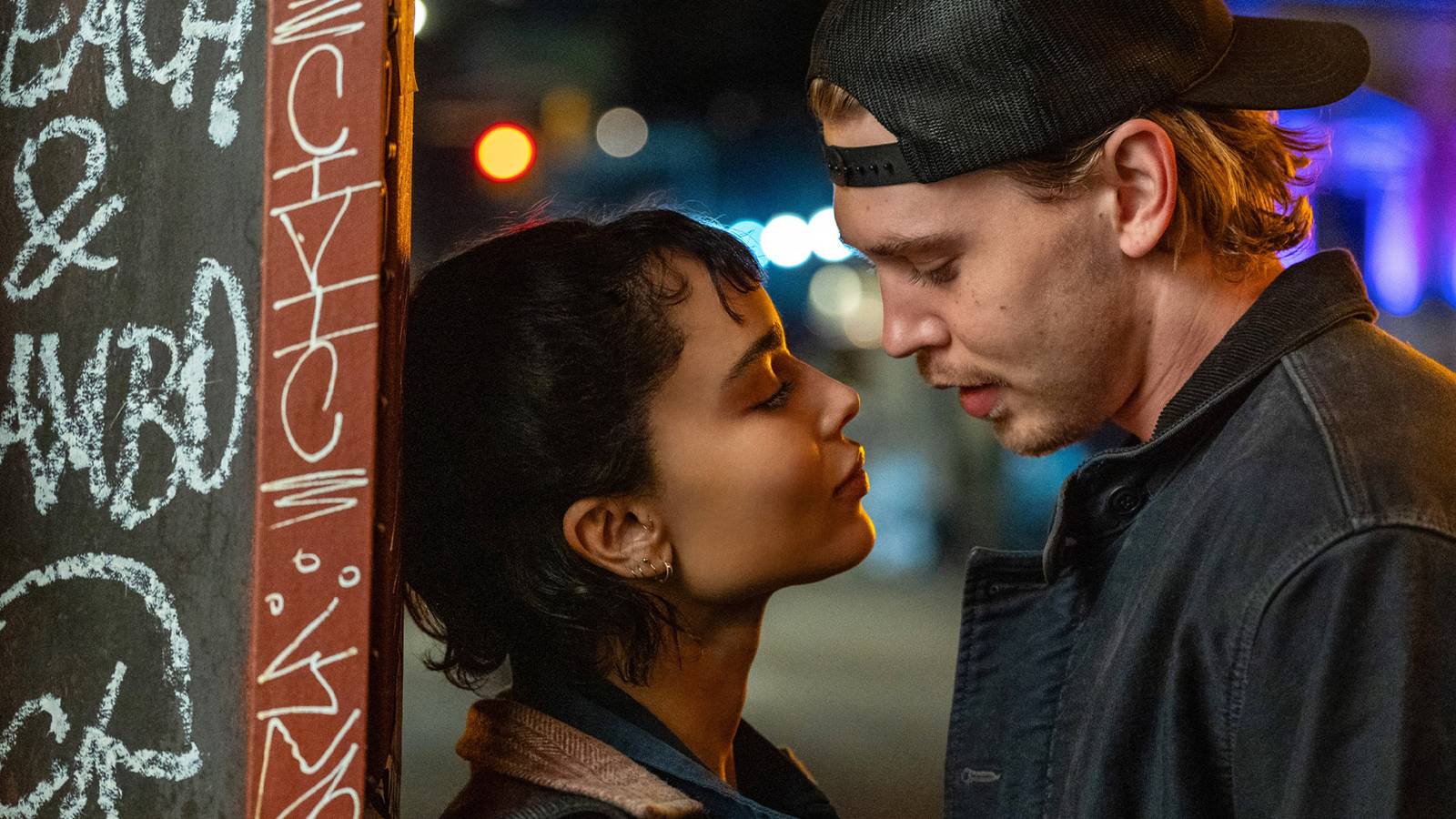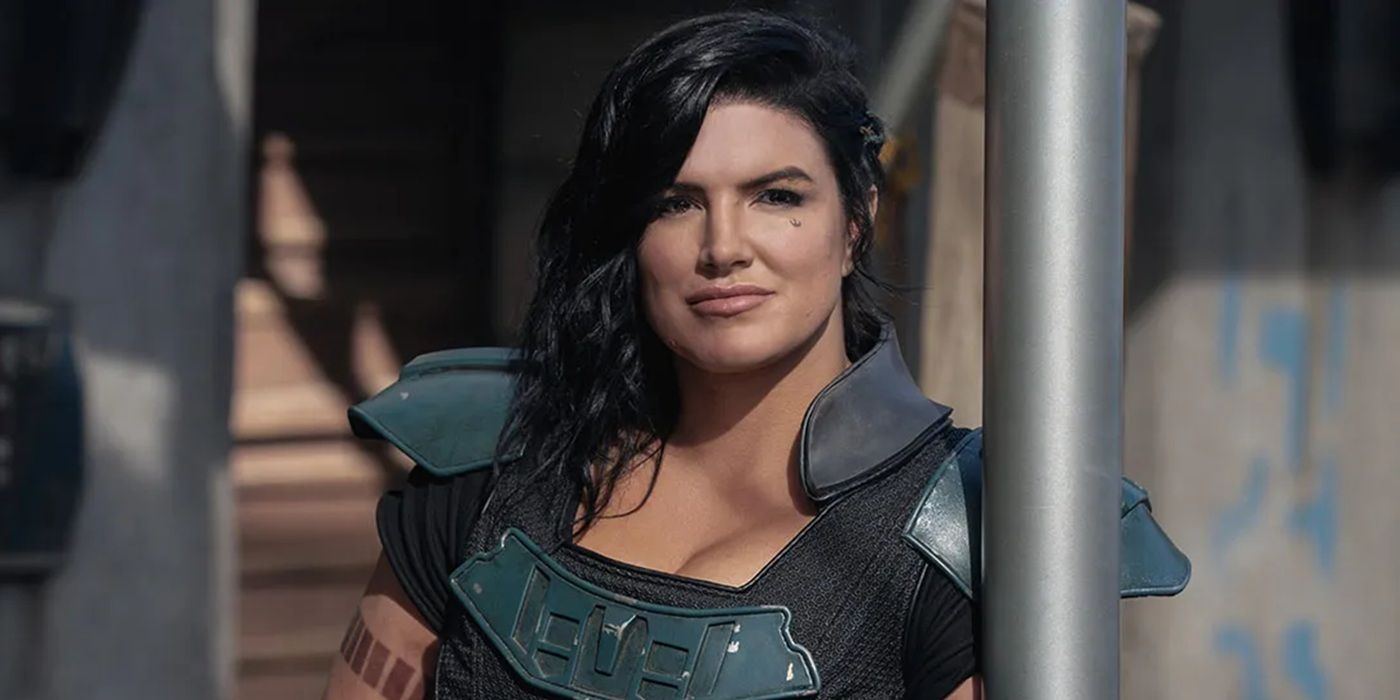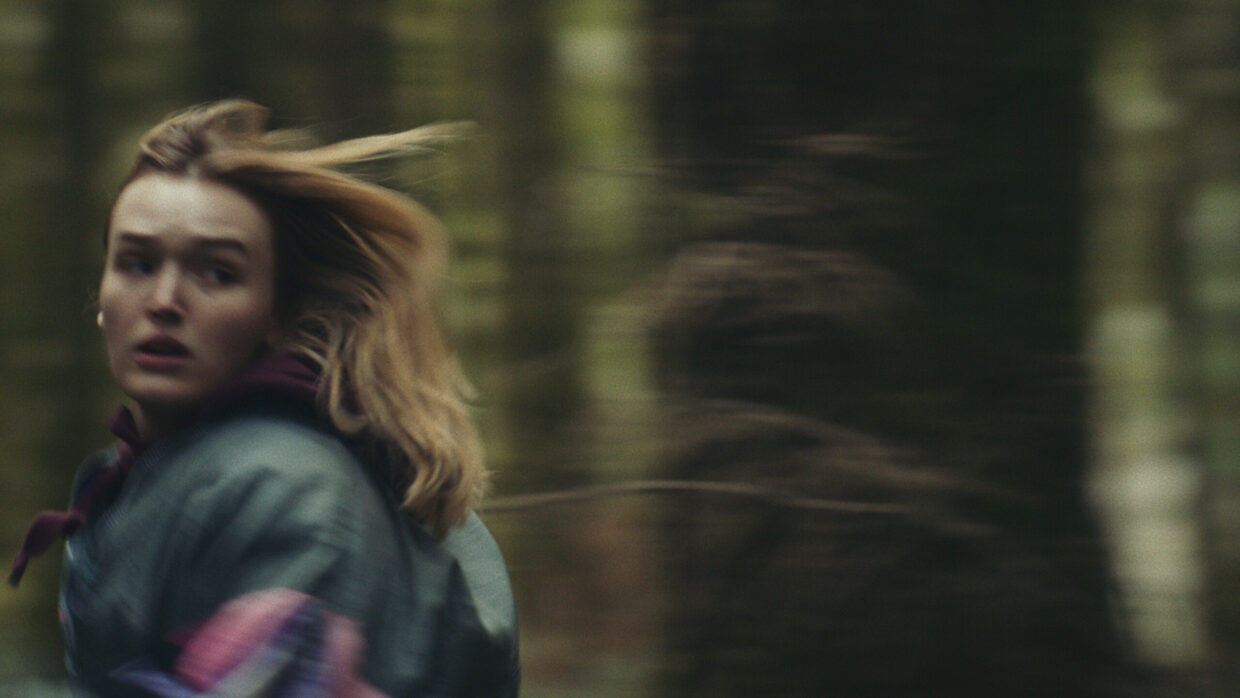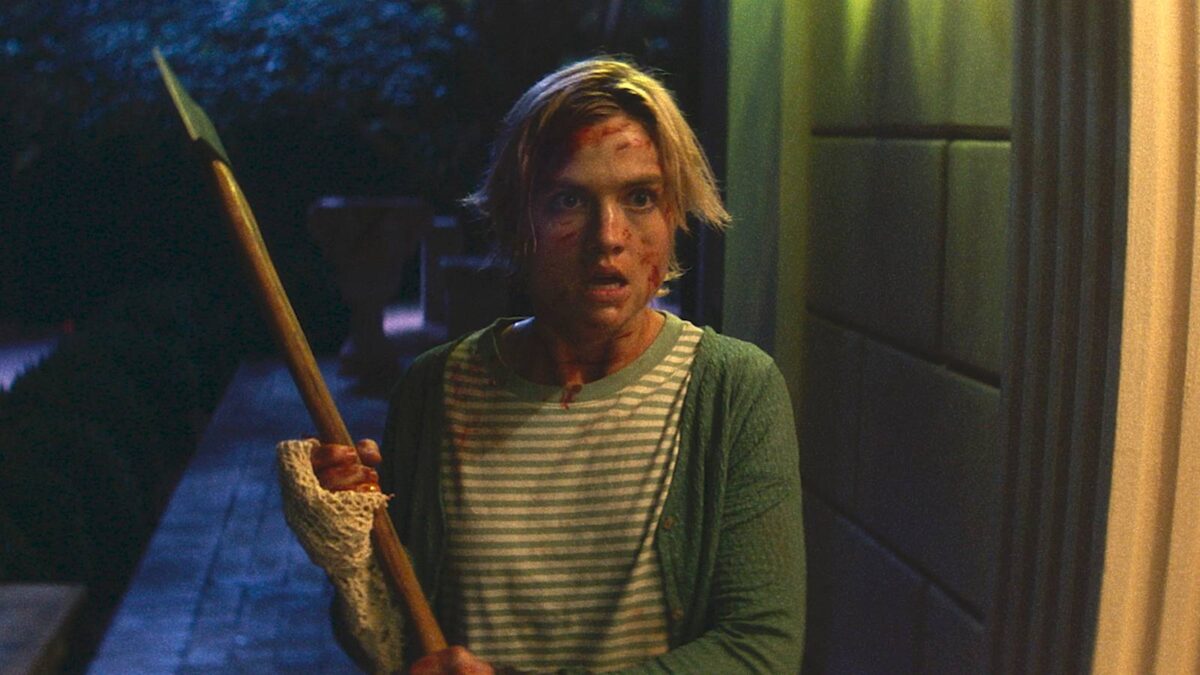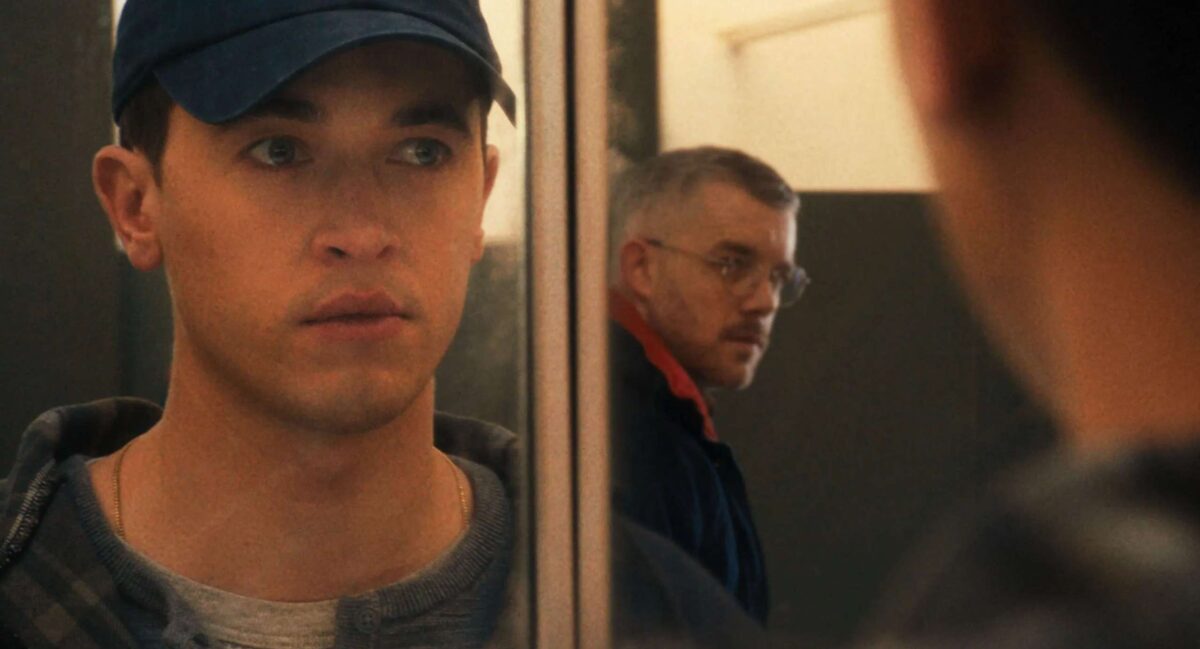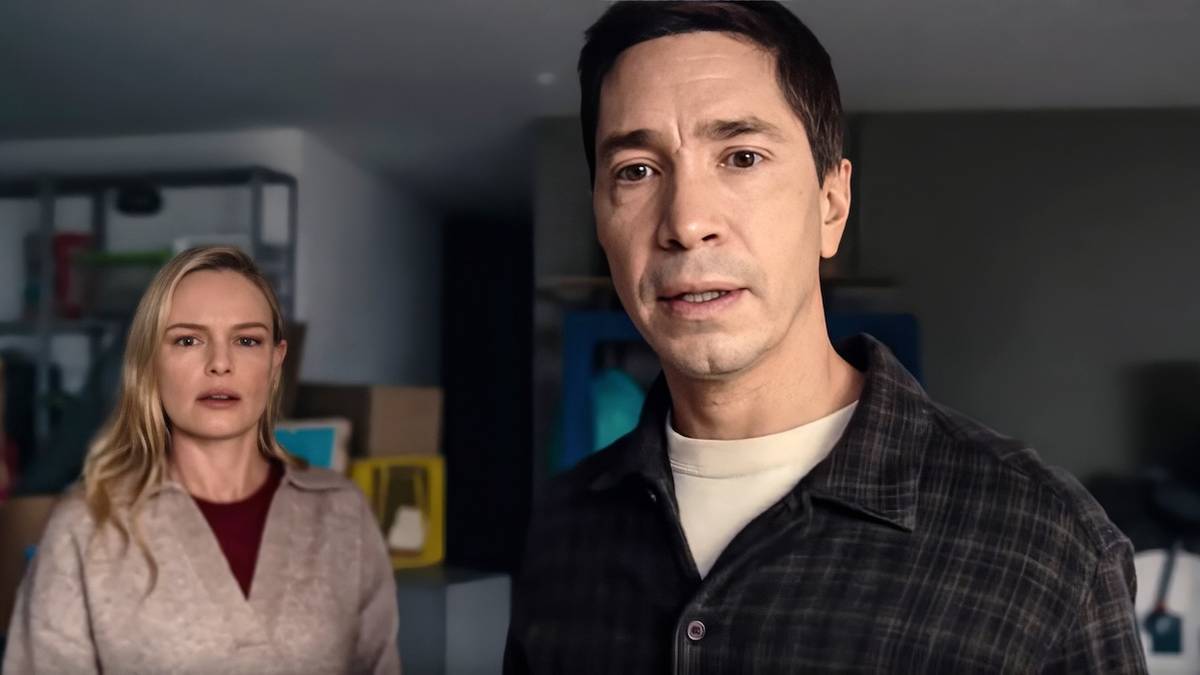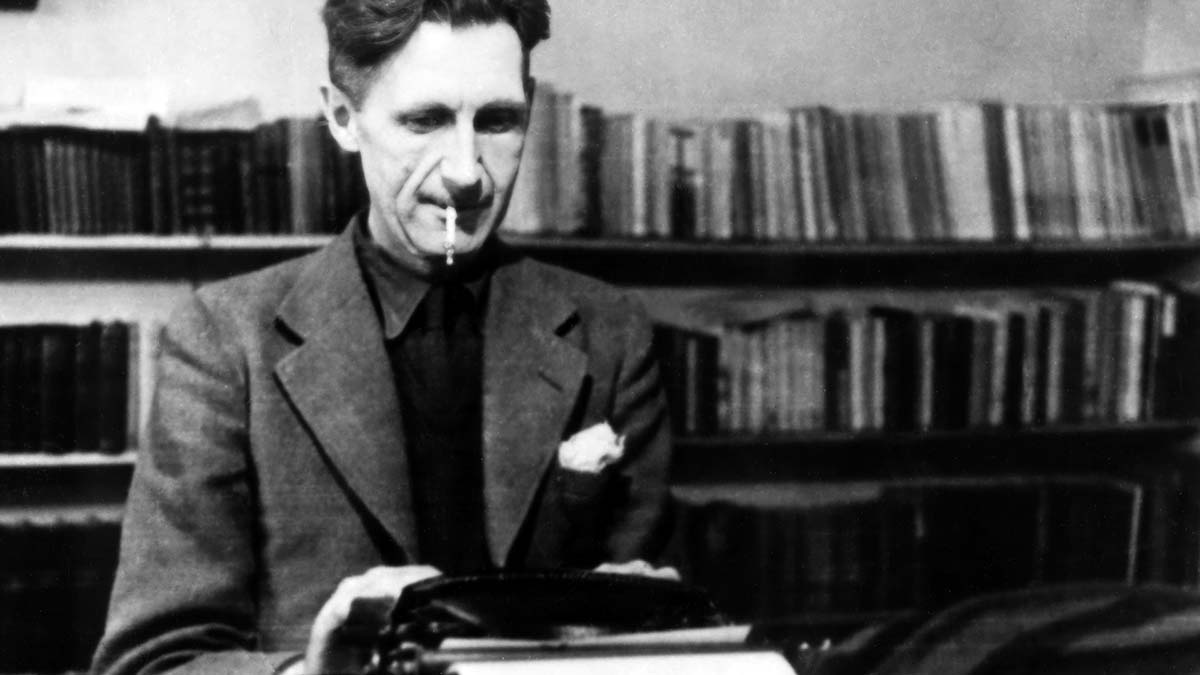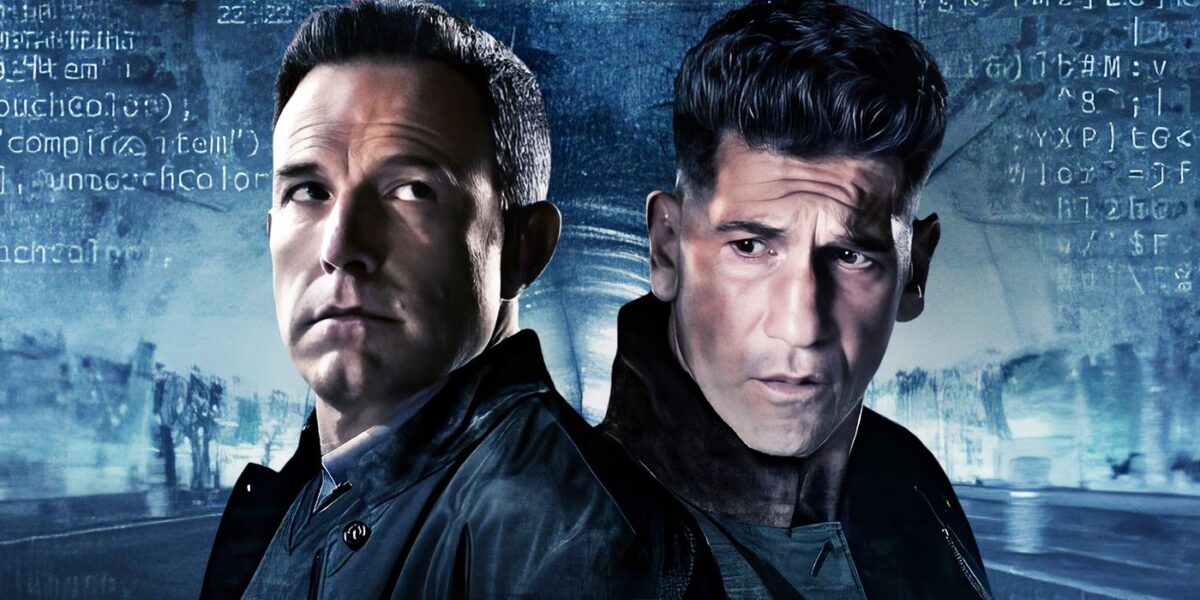
‘The Accountant 2’s Director Opens Up About the “Dysfunction” of the Industry and Waiting Almost a Decade to Make This Sequel
Apr 27, 2025
Summary
Collider’s Steve Weintraub speaks with The Accountant 2 director Gavin O’Connor in this exclusive Q&A.
O’Connor talks about challenges faced during production, his planned trilogy, and Ben Affleck and Jon Bernthal’s performances.
He also discusses previous projects, including a script for Suicide Squad that never made it to screen.
Gavin O’Connor is a filmmaker known for his emotionally resonant, character-driven dramas, like Miracle and Warrior. With a background in both writing and directing, O’Connor brings a grounded authenticity to his stories, often exploring themes of family, trauma, and redemption. He returns to the world of The Accountant nearly a decade after the original film’s success, reuniting with Ben Affleck and Jon Bernthal for a heartfelt and thrilling sequel.
The Accountant 2 picks up the story of Christian Wolff (Affleck) and his estranged brother Brax (Bernthal), expanding the emotional core of the first film while digging deeper into the dynamics between the two complex men. In addition to Affleck and Bernthal, the sequel co-stars Cynthia Addai-Robinson (The Lord of the Rings: The Rings of Power), Daniella Pineda (Jurassic World: Fallen Kingdom), and J.K. Simmons (Whiplash).
In a recent exclusive Q&A interview with Collider’s Steve Weintraub, O’Connor opens up about his collaborative process, the role of improvisation on set, and the deep trust he shares with his actors. He discusses how Affleck’s personal connection to the character shaped the performance and how Bernthal’s presence brought new dimensions to the story. The director also reflects on the editing process and the joy of making a big film that still felt like an indie, all while revealing some unexpected behind-the-scenes details, including what it’s really like to film a scene with a cat actor.
What Happened to Gavin O’Connor’s Emotional ‘Suicide Squad’
“‘Can you make it into a comedy?’ I told him, ‘That’s not what I wrote.'”
Image via Warner Bros. Pictures
COLLIDER: Before we get into The Accountant 2, I’ve got a few other questions that I always ask ahead of time. What do you think would surprise people to learn about being a director in Hollywood?
GAVIN O’CONNOR: It’s not as sexy as people think it is. It’s funny. There’s someone who lives in my neighborhood who’s a composer. And I met him several years ago because he takes all the kids in the neighborhood Christmas caroling. And they knocked on our door, and it was beautiful. And he and I became friends. He went off to direct. He’s directing his first movie now. It’s like a $5 million film. He just texted me the other day. He’s like, “I’m exhausted. I didn’t realize how exhausting this job is.” And he goes, “It’s so mentally taxing and there’s no time off. There’s no time to sleep because you’re always preparing for the next day.” It’s been wildly satisfying creatively, but you burn a lot of calories.
I’ve spoken to a lot of directors, and they say during the shoot, everything’s cool, but as soon as the shoot wraps, pneumonia or something hits you because you’re just so, so tired and all the stress finally really dissipates.
O’CONNOR: There are three phases: prep, shooting, and post. I always say you make the movie before you make the movie — prep is so crucial. It’s grueling, but I don’t mean that in a bad way. It’s actually a beautiful part of the process. Then you shoot the film. After that, it becomes human again when you get to post. Everyone goes home, and whether you’re making a massive tentpole movie or like my friend who’s doing a $5 million indie, it just becomes you and your editor in a room, cutting away. I’ve heard directors say they look at every frame of footage, and I get that — I’m in it the whole time with them. You’re constantly discovering. That’s the magic of post. If you’ve got a family, kids, you can actually return to some kind of normal life. It’s a 12-hour day instead of a 20-hour night. I always cut near my house. I try to find a space where I can walk or ride my bike to work. That way, my kid can visit me, and I can grab lunch with my wife. It helps keep me grounded.
I’ve asked you this before, just not in front of people. I’m a fan of your work — what do I have to do to get you to make more movies or TV?
O’CONNOR: I am going to make more. I don’t shoot a ton. I like to let my life inform my art. And honestly, being home with my family is my top priority. We don’t have nannies or anything like that. We raise our kids ourselves, like most people do — or at least are supposed to — but in this industry, that’s not always the norm. So, I take that downtime seriously. It fills me up creatively so I can bring that back into storytelling.
Does that mean you’re filming something later this year? Please say yes.
O’CONNOR: Well, yeah. I took about four years off between my last two movies. But over COVID, I started developing a bunch of stuff, and it kind of piled up. So I told my wife, “I’m going to go on a long tear.”
16:57
Related
“We Made a Lot of Left Turns”: ‘The Accountant 2’ Director on “Landmine” Twists and the Time Jump Between Movies
Gavin O’Connor, Cynthia Addai-Robinson, and Daniella Pineda tease epic fight scenes and new key characters.
Are you filming something brand new this year?
O’CONNOR: Yeah, I’ve got two projects. One’s at Amazon/MGM, and the other’s at Apple. I’m going to do one of them next.
If you could get financing for anything, like total creative freedom, is there a back-pocket script you’ve been sitting on?
O’CONNOR: I don’t know if there’s anything no one would finance… Well, actually, there might be. I made a movie called Warrior years ago, and there’s a TV series that’s loosely based on it. I set it up at Paramount+, but then that went sideways. I moved it to HBO Max, but, you know, it’s not a DC property, so they didn’t really see the value in it. There’s just so much dysfunction in the industry right now. But that’s the one I really want to make — I just need to find a way home for it.
I might be wrong, but I read somewhere that you were attached to Suicide Squad around 2017 or 2018. How close did you actually come to directing that?
O’CONNOR: That’s another example of dysfunction in our industry. I was doing the second Suicide Squad. I had a very specific take on it. I was probably three-quarters of the way through writing the script when they brought in a new regime. All the people I was working with were suddenly gone. The new DC head came to my office — my writing partner and I had a little bungalow on the lot—and he asked, “Where are you with the script?” I told him it was nearly done and on budget. A couple weeks later, I handed it in, and he said, “Can you make it into a comedy?” I told him, “That’s not what I wrote. That’s not the agreement I had with the studio.” But that’s what he wanted. And that’s where it fell apart.
Wow. I didn’t realize you actually finished a script for it. Since it’s probably never getting made, can you say what it was about? Unless that would get you in trouble.
O’CONNOR: No, it’s fine. It was really a father-daughter story between Deadshot and his daughter. That was the emotional core of it. There were other characters and subplots, of course, but that’s what the film was really about.
Image via Warner Bros. Pictures
Let’s leave it there. Which of your projects changed the most in the editing room? Did anything go through a radical revision?
O’CONNOR: No, nothing radically changed. But the toughest edit I ever had was The Way Back. It’s kind of a plotless movie, so you’re just following breadcrumbs — little character moments, behavioral beats. I shot a lot of that stuff. And at times, I felt a little lost, like I didn’t know where it was all going. Without a clear plot, I was kind of wandering. But that was also part of its charm.
Gavin O’Connor Reflects on ‘The Americans’ and ‘Warrior’
“There wasn’t a showrunner breathing down my neck.”
If someone’s never seen any of your work, what’s the first thing they should watch and why?
O’CONNOR: These are good questions. I guess I’d say Warrior because it’s definitely my most personal movie.
Tom Hardy, Joel Edgerton… If you haven’t seen it, it’s quite good.
O’CONNOR: That movie is all metaphor. I was both of those characters — both sides of me. Nick Nolte’s character, the father, was my dad. My parents split up, and one brother went with one parent, one with the other. That’s my life. I’m not an MMA fighter, but I needed an engine for the movie. I also learned something from making Miracle, which was tricky because, when the movie starts, you already know how it ends. So with Warrior, I wanted to challenge the audience. I wanted them not to be sure who they were rooting for. Most sports films hook you into rooting for one person, like Rocky. You’re just rooting for him to go the distance. That’s the brilliance of it. He didn’t win, but he won. It was a personal victory. That’s what I wanted with Warrior. I wanted the audience to ask, “Who am I rooting for?” And then, when Brendan wins, realize that’s how it had to be. Tommy had to lose to win. His charity, I called it an “intervention in a cage.” He had to lose to be spiritually reborn. That’s what I was going for.
A lot of people don’t know, but you directed the pilot of The Americans.
O’CONNOR: I did.
You only did one episode, but it was a big deal. Why didn’t you do more? And when you made it, did you have any idea what that show would become?
O’CONNOR: I had no idea, but I had a really good time making it. FX was great. Joe Weisberg, who created it, had never worked in production before. He’d been in the CIA, and then was an analyst. He had one season as a staff writer on a show, so he didn’t know anything about production. That was liberating for me — there wasn’t a showrunner breathing down my neck, which can get painful, understandably. Joe was gracious. He let me run with it, while still honoring what he wrote. I didn’t know what the show would become, but I felt really good about shooting it. Keri Russell was great. I saw Matthew Rhys in an Off-Broadway play in New York — that’s how I cast him. I said, “I’m bringing that guy in.” And that’s what we did.
How come you only directed that one episode? No story behind that?
O’CONNOR: Not really. You do the pilot, you cast it, set the look and tone. It’s a representation of what the series should be. After that, I don’t know. That was it, to be totally honest.
You did something that lasted seven seasons.
O’CONNOR: Yeah. Joe figured it out really quickly.
Image via FX
Not a lot of people realize you directed Miracle. When you think back on it, what’s the first thing that comes to mind?
O’CONNOR: I didn’t know what the fuck I was doing. Seriously. I’d only made one little independent film before that. Now I’m doing a studio movie, and I’d never shot action before. I didn’t know what the fuck I was doing.
Did the studio support you with a good second unit director?
O’CONNOR: They tried, but I fired him. I shot all the action myself. The plan was for him to come in during the last two weeks to “clean things up.” But I watched him for a day and thought, “This isn’t what I want.” It wasn’t really his fault — it was more me than him. I felt very protective of it. So I just learned how to shoot action. I storyboarded every single shot. Every game, every play, I had it all laid out. I followed my storyboards, and that’s how I did it.
Crazy.
Why We Waited Nearly a Decade ‘The Accounant 2’
“It wasn’t for lack of trying. We wanted to make it.”
Now we’re going to get into why you’re actually here. The Accountant. I appreciate you indulging me. I’m sure you’ve been asked this 1,000 times, but the first movie came out ages ago — why did it take so long to make a sequel?
O’CONNOR: Okay, now that I’m not going to tell you. [Laughs] Let’s just say, I was canceled. It wasn’t for lack of trying. We wanted to make it. But there was a lot of musical chairs at Warner Bros. Every time we got it moving, there’d be a regime change, and we’d have to start all over. It was just dysfunctional.
I don’t want to get you in trouble. Don’t say too much.
O’CONNOR: No, it’s fine. My agent finally got Warner Bros. to agree to pay Bill [Dubuque] to write one draft of the script. No rewrite, no polish. Just one pass. None of our deals were even in place. I don’t know how he convinced them, but he did. Bill wrote a draft. We had a lot of conversations about what the movie should be. And then he wrote another draft. I think he wrote 14 drafts before we turned it in. Then it was hard to get Warner Bros. to move on it.
The other thing was, Ben started his own studio, Artists Equity, and he told me, “I can’t do this at Warner Bros. unless it’s a co-production with my studio,” because that’s his deal with his financiers. Everything Ben does has to go through Artists Equity. I think the split is 50/50, but the bottom line is, Ben has to do it that way. I don’t know all the details, but I don’t think Warner Bros. wanted to do a co-production. They didn’t want to share. So we got it out of there. Now, a lot of people who were at Warner Bros. are over at Amazon MGM. They’re all friends of ours, and they said, “We want it.”
I remember watching the movie and thinking, “This explains so much.”
O’CONNOR: I was working with Courtney as we were developing the project, and we brought it to Artist Equity. But it ended up being a negative pickup. Artists Equity financed the movie.
Can you explain to people what a negative pickup is? Most of us don’t know what that means.
O’CONNOR: The simplest way to explain it is Artists Equity, the studio, financed the film. Amazon MGM just distributed it. They didn’t finance anything. They paid for it later. They had no say in the creative process; we just handed them the finished movie. That’s basically what a negative pickup is.
So originally, when you were working on the script, it’s been, what, eight years between the first and the second film? Am I right?
O’CONNOR: Yeah, that’s right. We had to acknowledge how much time had passed. If we’d made it three years after the first one, then yeah, the story would’ve taken place three years later. But since eight years had passed in real life, we leaned into that. We had to justify why the brothers had been apart for so long. Ben and Jon and I had several conversations about that.
Image via Warner Bros. Pictures
You’ve said you always envisioned this as a trilogy. When did that first occur to you? Was it during the first movie?
O’CONNOR: Yeah, it was during the first one. I didn’t develop the original script; it was brought to me by the incredible producer Lorrie Bartlett, who’s one of the best. She hired me, and it was during the shoot that I realized there was more story to tell. We’d already set up the brothers going their separate ways. Once we got to post-production, I started talking to Bill and brainstorming ideas for a second film. That’s how it all began. I always knew there’d be a third one — this second one was always meant to be the bridge. A lot of people in the press have asked, “Why stop at two? Did you not want to do a third?” But that was never the plan. The second film was always supposed to focus on the brothers trying to fix their relationship.
Of course, the challenge with these movies is building those complex, puzzle-like plots. It’s hard. It’s got to be Byzantine enough that only someone like Chris can solve it. If anyone could figure it out, then it wouldn’t feel special. So the goal is to keep the audience just close enough to understand what’s happening, but never let them get too far ahead. If the mystery’s too easy, they lose interest; if it’s too hard, they check out. We knew early on we wanted to kill Ray at the beginning, to make it personal for both Chris and Marybeth. That was a deliberate choice, and J.K. pulled it off beautifully.
That was a bold move. What was it like picking up the phone to call and say, “Hey, we’re doing a sequel. You were great in the first one, but you’re only working for like three days”?
O’CONNOR: Yeah, that was a call. But J.K.’s amazing. He’s such a great actor and just a genuinely good, grounded person. He understood. We told him, “You’re still a presence in the movie. The spirit of Ray is always there.” Even though he’s dead, he’s still in it. You kneel at the altar of the movie. That’s just how it works.
You managed to film this in Los Angeles, California, which is insane because nothing gets shot here anymore. How did that happen?
O’CONNOR: That was all Ben. We shot the first one in Atlanta, and I told him, “I’m not going back.” He said the same. My wife and I had just restarted our lives with our two kids. I’d been home every day with my little girl for years, and I didn’t want to leave. Ben felt the same way. So we applied for the tax credit, not knowing if we’d get it. Ben’s company was financing the movie, and he said, “Even if we don’t get it, we’ll make it work.” We started prepping before we even knew if we had the credit. Eventually, we got it. But even if we hadn’t, we were ready to make more cuts and adjust the budget to make it work. That was all Ben.
Image via Amazon MGM Studios
I’ve been asking every filmmaker this lately. What do you think can be done to bring more production back to California?
O’CONNOR: Honestly, I don’t know. We were talking about this earlier. You’d think if the big names in our industry — movie stars, studio heads — got together and made a strong case to the governor, things could change. Think about how many jobs are created, how much economic impact a production has. It’s baffling that Hollywood started here, and yet we’re not embracing that legacy. When we shot this movie here, we had the best crew imaginable. Everyone was so excited to work locally and sleep in their own beds. My line producer, Mariela [Comitini] — she’s amazing — started this tradition where every morning she’d pick a song and play it on set. She’d dance to it and get everyone else dancing too. That energy carried us through the day. She brought so much joy and organization to the production. She’s a total pro, a chess master with the logistics. If something changed, she’d just say, “Don’t worry, I’ll figure it out.” And she always did. Mariela Comitini, she’s the best.
One of the reasons this film works so well is the chemistry between Ben and Jon. How much of what they say is scripted, and how much is them just riffing?
O’CONNOR: The scene where Brax shows up at the motel was the first thing we shot with them. They’re sitting next to each other in a two-shot, waiting for the girls. We started by shooting it as written with just a little improvising at first, but something magical was happening. There was chemistry, alchemy. It just clicked. You can have actors who like each other, but that doesn’t always translate on screen. This did. So I said, “Let’s try a take where you improvise.” They did, and it was amazing. I realized I didn’t need to shoot coverage. I was going to use the two-shot because their rhythm was perfect. They were basically editing the scene for me in real time. That moment taught me something important as a director: if I can mine that kind of magic with these two, we’ve got something special. Bill writes fantastic dialogue, but it’s structured. Over time, we leaned more into improvisation. For example, the speed dating scene with Ben? Not one line of that was scripted.
Not the whole scene?
O’CONNOR: We had scripted a lot of it, but once someone started improvising, and it worked, I kept all the improvised lines. It was so much better.
Image via Amazon MGM Studios
What about the women in that scene?
O’CONNOR: They had their lines. It was more about prompting and responding. Ben’s answers were different every take, and that’s what was so great. He knew the character so well. He started taking ownership, and it worked. You want your actors to do that. He’s really good at improv. His performance is masterful. It’s not Ben up there. And I think anyone who knows someone on the spectrum can tell how deeply observed it is. Everyone’s different, and Ben really understood that. Over the eight years we worked on this, he got to know someone on the spectrum very intimately, and we talked about it a lot. That deeply informed how we developed the character.
And Ben’s also a talented screenwriter.
O’CONNOR: Totally. But I’m telling you, none of that moment was written. It was all happening in the moment.
I always ask about editing. How did the film change after test screenings or showing it to friends and family?
O’CONNOR: It never changed.
Really? You didn’t have a much longer cut?
O’CONNOR: Nope. I think because it had been gestating for so long, I knew exactly what it needed to be. Every shot, every song, I had it all in my head before we shot the film. I knew where each song would go. I didn’t know if it would work, but it did. The way it’s cut isn’t exactly how it was written, but I remember telling my editor, “When they start talking, we’ll cut to the cord coming through,” and we’d jump back and forth with voiceover. I’ve never done it to this extent before, but I really had it all mapped out in my head.
Was anything especially difficult? Like getting the line dancing scenes done?
O’CONNOR: Honestly, neither cutting nor the dancing was that difficult. Editing was a breeze. I watched all the footage, pulled my selects — the best moments — and built the scenes from there. As for the line dancing, I told Ben, “You’ve got to do the rehearsals.” And he did. He showed up and gave it his all. He’s not a great dancer — he’d be the first to say that — but it wasn’t about being good. It was about having the courage to get up and do it. And for him, dance is just math. Steps, patterns. He approached it like an equation. “I can do this.”
Okay, last question. For fans of the movie, and soon-to-be fans, what’s something that might surprise people about the making of the film? Any cool behind-the-scenes facts?
O’CONNOR: It was honestly just such a joy. The best experience I’ve had. Once we worked through the budget and all the “above-the-line” stuff, Ben said, “Alright, we’re good to go. Do whatever you want. I’ll see you on set.” He didn’t ask for casting approval. He didn’t need to sign off on rewrites. It was like making a scrappy $1 million indie film, just with a real budget. That’s all Ben. He’s there as an actor, even though he’s an amazing director. He trusted me.
One cool thing: the scene where Brax is working up the nerve to make the phone call. That wasn’t in the script. Originally, he just made the call. But Jon and I were on location and thought, “There’s more to this.” So we met two hours before crew call, just to play around. I had my camera, and we started improvising. Jon stayed in character, and we found all this stuff with him pacing, hesitating, building up to it. None of it was planned. By the time the crew showed up, we said, “Here’s what we’re shooting tonight.” Same with the scene of Brax looking at the kids at the end; it wasn’t written that way, but I wanted to do it anyway.
Alright, really last one… I’m a cat lover. There’s a cat in the third act. How hard was it to work with a cat?
O’CONNOR: Not as bad as I thought it’d be! The cat wranglers treat the cat like the most valuable thing on set, and rightly so. They delivered the cat, and everyone had to whisper. No loud noises.
The Accountant 2 is now playing in theaters.
The Accountant 2
Release Date
April 25, 2025
Runtime
124 minutes
Director
Gavin O’Connor
Writers
Bill Dubuque
Producers
Ben Affleck, Kevin Halloran, Matt Damon, Jamie Patricof, Lynette Howell Taylor, Scott LaStaiti, Michael Joe, Mark Williams, Alison Winter
Publisher: Source link
Erotic Horror Is Long On Innuendo, Short On Climax As It Fails To Deliver On A Promising Premise
Picture this: you splurge on a stunning estate on AirBnB for a romantic weekend with your long-time partner, only for another couple to show up having done the same, on a different app. With the hosts not responding to messages…
Oct 8, 2025
Desire, Duty, and Deception Collide
Carmen Emmi’s Plainclothes is an evocative, bruising romantic thriller that takes place in the shadowy underbelly of 1990s New York, where personal identity collides with institutional control. More than just a story about police work, the film is a taut…
Oct 8, 2025
Real-Life Couple Justin Long and Kate Bosworth Have Tons of Fun in a Creature Feature That Plays It Too Safe
In 2022, Justin Long and Kate Bosworth teamed up for the horror comedy House of Darkness. A year later, the actors got married and are now parents, so it's fun to see them working together again for another outing in…
Oct 6, 2025
Raoul Peck’s Everything Bagel Documentary Puts Too Much In the Author’s Mouth [TIFF]
Everyone has their own George Orwell and tends to think everyone else gets him wrong. As such, making a sprawling quasi-biographical documentary like “Orwell: 2+2=5” is a brave effort bound to exasperate people across the political spectrum. Even so, Raoul…
Oct 6, 2025
